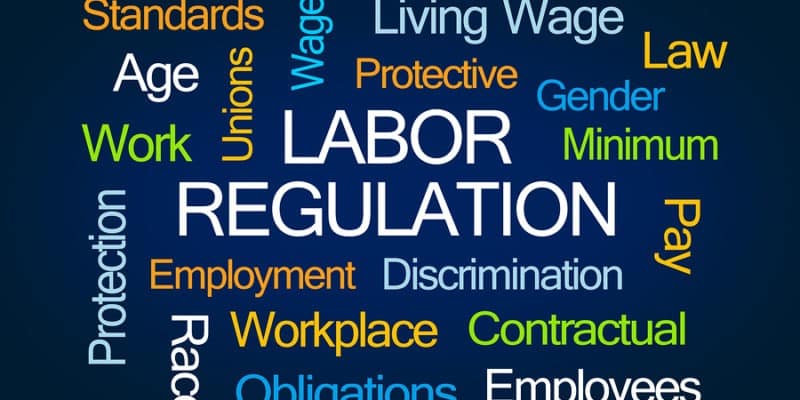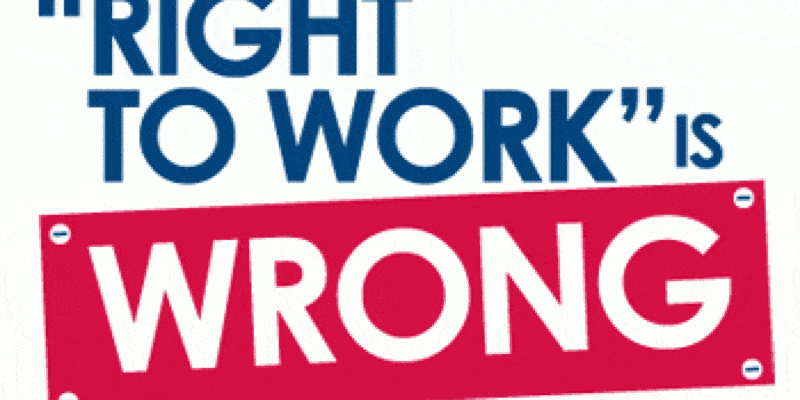Michael Marr
May 14, 2020
Effective July 1, 2020, Virginia will expand its reach into the employee versus independent contractor misclassification issue. Previously, Virginia had focused its efforts on the construction trade, where the Commonwealth believed most misclassifications occurred and workers were most vulnerable. With this new law in place, the cost to business owners of getting the classification of their workers wrong has grown exponentially and has unfortunately become potentially, financially catastrophic. See Va. Code §§ 40.1-28.7:7
…
The law contains two key elements that represent a real sea change in Virginia’s labor and employment law. First, the law establishes a presumption that a worker is an employee, not an independent contractor. In other words, Virginia law will now deem a worker to be an employee until proven otherwise by the business owner. That presumptive status of the worker as an employee can only be rebutted if the business owner can prove that the worker meets the Internal Revenue Service’s test for an independent contractor. Please see https://www.irs.gov/newsroom/understanding-employee-vs-contractor-designation and the IRS SS-8 form for guidance.
The IRS test is complicated and anything but a bright-line rule. The only easy answer, and quite frankly the one Virginia is apparently compelling business owners to make, is every worker is an employee; there are no independent contractors unless it is unmistakably, inarguably, and unambiguously obvious that the worker is an independent contractor.
The more complex the misclassification test, the more case-by-case determination required to satisfy that test, the greater the expense will be to make the correct determination at the beginning of the employment relationship-bearing in mind, of course, this law presumes your initial classification of a worker as an independent contractor is wrong. The legal expenses required to prove that the worker is not an employee are difficult to quantify but, whatever they may be, these expenses will fall squarely upon the business owner.
Please note that the business owner’s good faith and due diligence in making the right call are not available defenses under the statute as it is written. Rather, the issue framed by the statute is simple: Can the business owner prove the employee is an independent contractor based upon a multitude of IRS factors directed towards financial control, behavioral control, and the relationship between the parties? The resolution of that issue, however, is complex and uncertain, which leads to the second key element of the statute.
The new Virginia law expressly creates-for the first time-a private right of action for the worker. The new statute openly invites workers, and their labor and employment lawyers, to test a business owner’s classification determination before seven jurors, in a jury trial, in a Virginia circuit court, with no automatic right to appeal to the Virginia Supreme Court.
This private right of action expressly authorizes the worker-presumed employee to sue the employer directly for a violation of this misclassification statute and then to recover from the employer (if the employer cannot rebut the employee presumption) the full amount of any (i) wages, (ii) salary, (iii) employment benefits, including expenses incurred by the employee that would otherwise have been covered by insurance, or (iv) other compensation lost to the individual.
This statute also authorizes the court to award the employee’s reasonable attorney’s fees and the costs to file and prosecute the lawsuit, if successful. In other words, the statute allows the employee to shift the entire cost of the misclassification litigation onto the employer-that is, not only the employee’s but also the employer’s attorney’s fees if the employer/business owner is found to have misclassified the worker as an independent contractor.
Note that this civil lawsuit by the plaintiff-employee against the defendant-business owner is in addition to any sanction or penalty the Virginia state government or the U.S. federal government might impose for a misclassification. In a separate, but related law, which will take effect in January 1, 2021, Virginia may impose the following penalties (see Va. Code § 58.1-1901):
- First misclassification offense: Up to $1,000 per individual worker.
- Second misclassification offense: Up to $2500 per individual worker.
- Third and following offenses: Up to $5000 per individual worker.
Note also that the business owner’s woes are still not over. In yet another new and related law, a business owner may not retaliate against a worker who reports a potential misclassification issue or who prompts a state investigation. Such an alleged retaliation will result in an administrative action against the business owner before the Virginia Department of Labor & Industry. see Va. Code § 58.1-1901









